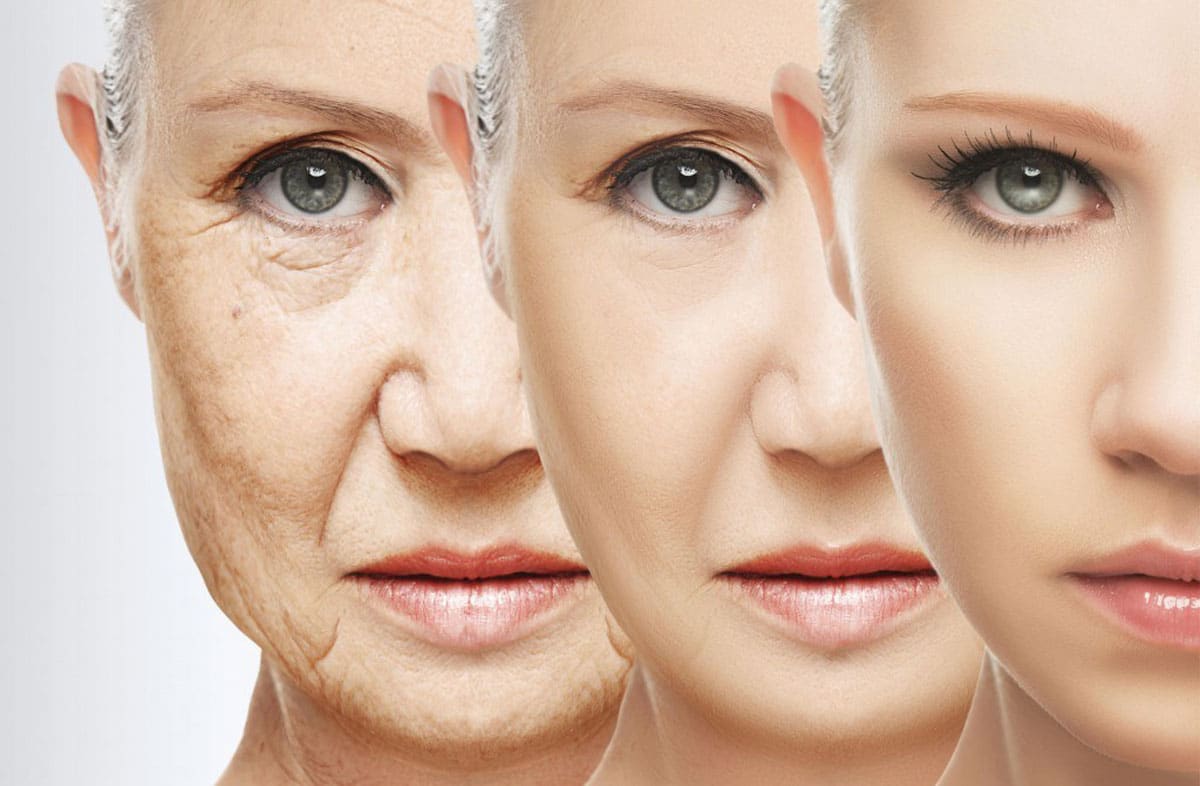
Biological age is the objective assessment of an individual’s health status. Hypothetically, a ‘normal’ person’s biological age- – as far as appearance, performance, and functional capacity- ought to be equivalent to his chronological age. Until now, many scientists have endeavored to create systems to precisely determine people’s biological age.
In a recent study in California, scientists found that there is a possibility to reverse the process of ageing.
The results were really surprising, however scientists suggests that the findings are preliminary because the trial was small and did not include a control arm.
The study involved nine healthy volunteers, who were given a cocktail of three common drugs for a year- growth hormone and two diabetes medications. When scientists analysed marks on a person’s genomes, they found that the volunteers aged backwards- losing an average of 2.5 years from their biological ages.
The marks on their genomes represent their epigenetic clock, as well as their immune systems, actually improved despite the passing of time. Moreover, the volenteers’ immune systems also showed signs of rejuvenation.
Geneticist Steve Horvath at the University of California, Los Angeles, who conducted the epigenetic analysis said, “I’d expected to see slowing down of the clock, but not a reversal. That felt kind of futuristic.”
Cell biologist Wolfgang Wagner at the University of Aachen in Germany said, “It may be that there is an effect. But the results are not rock solid because the study is very small and not well controlled.”
The epigenetic clock is estimated by the body’s epigenome – a record of chemical changes to an organism’s DNA. As people age, chemical adjustments or labels are added to people’s DNA, and those change for the duration of their lives, so by taking a gander at those tags an individual’s natural age can be estimated.
Through this study, scientists actually wanted to observe how the growth hormone would change the tissue in the thymus gland, which is is crucial for efficient immune function. Various studies have shown that growth hormone stimulates regeneration of the thymus. But, this harmone can also lead to diabetes. Thus, the study included two widely used anti-diabetic drugs, dehydroepiandrosterone (DHEA) and metformin, in the treatment cocktail.
Scientists looked at four different measures of the epigenetic clock to understand the differing ages of each of the patients. They found that each volunteer had reversed significantly.
Horvath said, “This told me that the biological effect of the treatment was robust. What’s more, the effect persisted in the six participants who provided a final blood sample six months after stopping the trial.”
“Because we could follow the changes within each individual, and because the effect was so very strong in each of them, I am optimistic.”
Scientists now hope to test the same effects with more people, through a controlled study, and with different age groups, ethnicities and with women.
Bagikan Berita Ini














0 Response to "It might be possible to reverse a person’s biological age - Tech Explorist"
Post a Comment